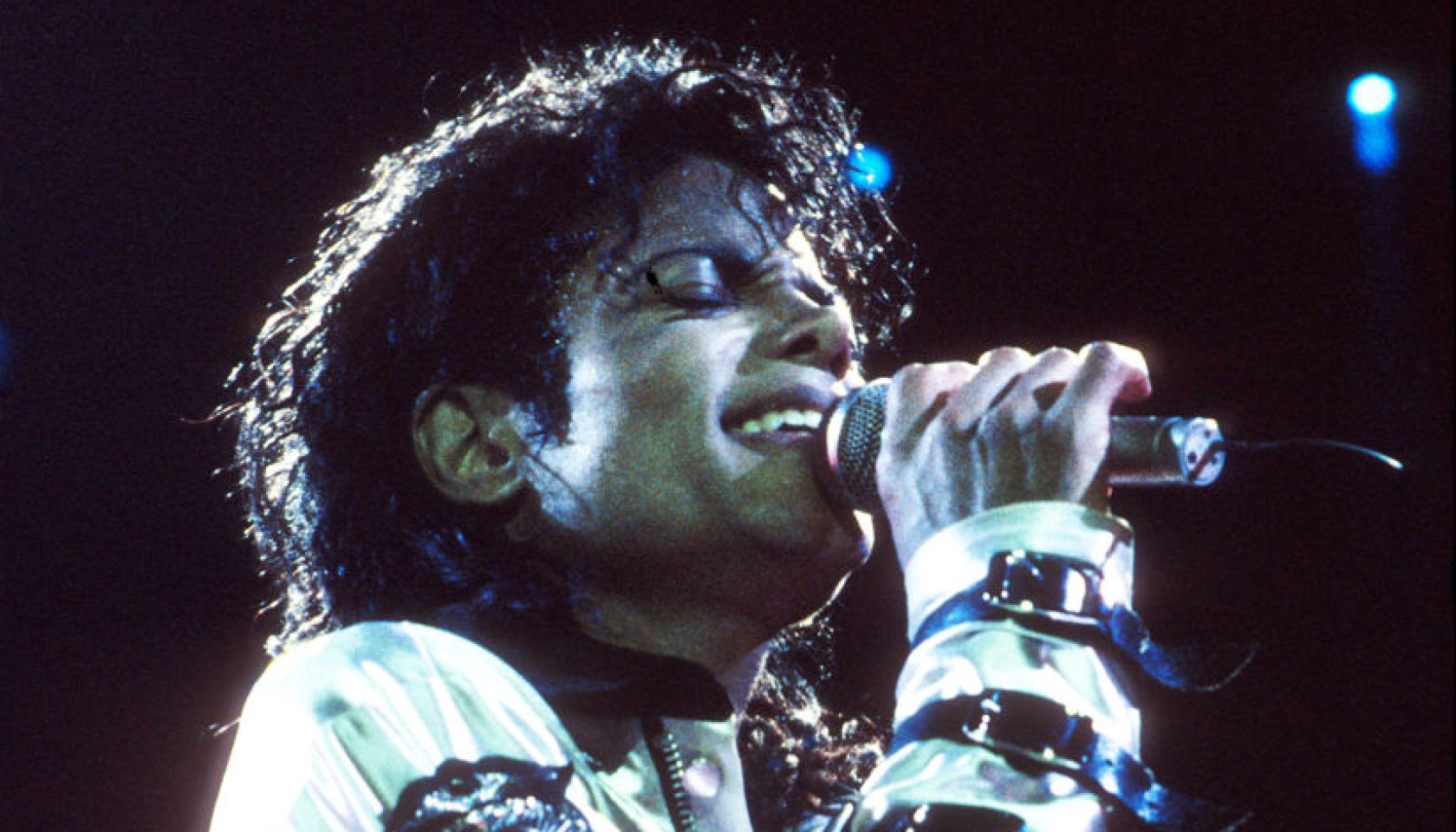PSU Report on Sex-Abuse Scandal Due Out Thursday
STATE COLLEGE, Pa. (AP) — A potentially explosive report into whether football coach Joe Paterno and other top Penn State officials took steps to conceal that former defensive coordinator Jerry Sandusky was a child molester will be released Thursday — online for all to see, officials said Tuesday.
Attorneys for the university's deposed president, meanwhile, broke a monthslong silence and denied suggestions that Graham Spanier participated in a cover-up with the image of Penn State and its powerful and lucrative football program at stake.
The internal report by former FBI chief Louis Freeh is expected to reveal how the university treated Sandusky, Paterno's one-time heir apparent, after top administrators fielded complaints about his encounters with young boys more than a decade ago. It is also expected to cast light on how the Hall of Fame coach, who died in January, exerted control over the football program while Sandusky worked under him and after Sandusky retired from coaching.
And the report could influence how Paterno is remembered while affecting an ongoing NCAA probe into the school's conduct and the criminal cases against two Penn State administrators.
Freeh's spokesman said the report will be published online at 9 a.m. Thursday. Investigators will hold a news conference at 10 a.m. in Philadelphia to discuss its findings and recommendations. The university trustees, who are meeting in Scranton on Thursday, said they will respond shortly thereafter.
Paterno's family said in a statement Tuesday that the late coach "did not cover up for Jerry Sandusky. Joe Paterno did not know that Jerry Sandusky was a pedophile. Joe Paterno did not act in any way to prevent a proper investigation of Jerry Sandusky. To claim otherwise is a distortion of the truth."
Paterno supported the decision by the board of trustees to hire Freeh to conduct a thorough investigation of the Sandusky allegations, but recent news leaks raised questions about fairness and confidentiality, the family said in the lengthy statement. They said the Freeh group turned down an offer for the family to respond to allegations after also asking to review the findings to prepare a response.
The winningest coach in major college football, Paterno never got a chance to speak to the Freeh group before he died of lung cancer on Jan. 22 at age 85.
"It is our firm belief that the report would be stronger and more credible if we were simply given a chance to review the findings concerning Joe Paterno in order to present the case he was never allowed to make," the family said.
Trustee Ryan McCombie — who was elected to the board this spring and was not a trustee when Paterno was fired in November — said he hoped the report took a broader look beyond Paterno "and addresses the university as a whole — and how this culture was handled or mishandled correctly — and comes to some closure on that."
"The people who loved Joe Paterno will still love him when this is over," McCombie said. "The people who disliked him may feel they have ammunition to continue to dislike him."
Tuesday's announcement that Freeh and his team of investigators have completed their work came a few hours after lawyers for Spanier denied that he was ever told of any criminality by Sandusky. The lawyers were rebutting reports that indicate Spanier, who was interviewed by Freeh investigators on Friday, might have tried to cover up the abuse.
"At no time in the more than 16 years of his presidency at Penn State was Dr. Spanier told of an incident involving Jerry Sandusky that described child abuse, sexual misconduct or criminality of any kind, and he reiterated that during his interview with Louis Freeh and his colleagues," said a statement from the lawyers, Peter Vaira and Elizabeth Ainslie.
Both Spanier, 63, and Paterno were ousted by school trustees a few days after Sandusky's November arrest. Prosecutors described how Sandusky, 68, culled the most vulnerable children from his charity for at-risk youth and used gifts and his access to Penn State facilities to abuse them over a 15-year span. Sandusky was convicted last month on 45 counts of abuse involving 10 boys and will likely die in prison.
Freeh was hired by the university to find out what school officials, including Spanier and Paterno, knew about the child molester in their midst, and the former FBI director and federal judge promised a wide-ranging investigation.
Freeh said in November that he would not interfere with the state's criminal probe but promised to conduct his review in "a thorough, fair, comprehensive manner, leaving no stone unturned, and without any fear or favor."
Freeh and his team of lawyers and former law enforcement officials interviewed more than 400 people, asking questions that went beyond Sandusky and the child sex-abuse scandal and into the relationship between football program and the university administration.
Lawyers for the young men who testified against Sandusky — and others who might file civil lawsuits related to the scandal — will be reading the report closely for what it might mean for any future litigation. A civil complaint and a second legal notice of a lawsuit have been filed in Philadelphia, while others have indicated they also may sue.
"I'm going to be looking for what we believe will be full and complete disclosure," said Harrisburg lawyer Ben Andreozzi, who represents the young man described as Victim 4 in court records.
Penn State has disclosed that Freeh's probe turned up emails among top officials that have been turned over to prosecutors.
Two Penn State administrators are charged with lying to a grand jury and failing to properly report suspected abuse when then-graduate assistant Mike McQueary described witnessing Sandusky attack a young boy in the football team shower in 2001. Athletic director Tim Curley, now on leave, and vice president Gary Schultz, who has since retired, deny the allegations and await trial.
Spanier's comments to the Freeh group — that he was never told of any criminality by Sandusky — echoed his testimony before a grand jury that neither Curley nor Schultz informed him of the sexual nature of what McQueary saw.
The extent of Spanier's involvement has come under scrutiny recently after CNN reported on emails that said Spanier was "supportive" of a decision by Curley and Schultz not to report the incident. Spanier warned, however, that they might "become vulnerable for not having reported it," CNN said.
Spanier's lawyers said the emails were selectively leaked without the full context, and were "distorting the public record and creating a false picture."
In May, Spanier filed a related civil lawsuit against Penn State seeking access to old work emails so he could better prepare for the school's internal investigation. A university lawyer responded that state prosecutors asked the school not to share the emails so that the ongoing criminal investigation would not be compromised.
A court hearing on the case is scheduled for Aug. 17, but Spanier went ahead and requested to speak to Freeh's team. His lawyers said they would revisit the issue of the lawsuit now that the interview has taken place.
Spanier has said he turned in his resignation in November, while trustees have said he was terminated without cause.
"Since November of last year, when he resigned his presidency, he has wanted the Freeh Group to create an accurate report and has been determined to assist in any way he can," said the statement from Spanier's lawyers. They ended their four-paragraph statement by saying they remained "hopeful that truth and reason prevail."
Spanier declined to comment when reached by The Associated Press.
The NCAA is reviewing how Penn State exerted "institutional control" in relation to the Sandusky matter, and whether university officials complied with policies that pertain to honesty and ethical conduct. The NCAA could open a more formal investigation that may expose Penn State to sanctions.
















